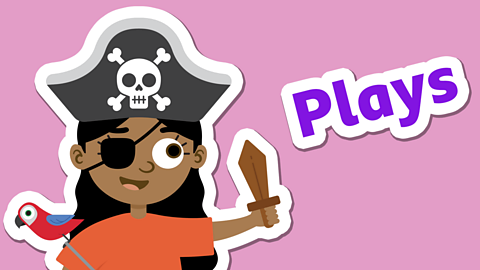Games
Small Town Superheroes
The Small Town Superheroes have an urgent mission for you! Use your KS1 English skills to solve the problems and mysteries that occur in Small Town.
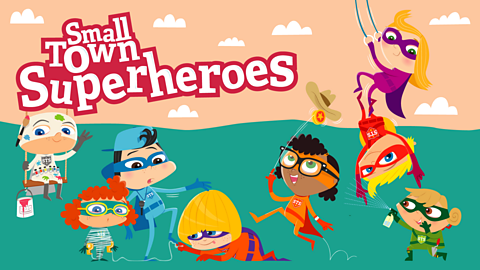
Karate Cats
Struggling with grammar, punctuation or spelling? Visit the dojo to train with the very best Karate Cats and become an expert in these important KS1 English SATs topics!
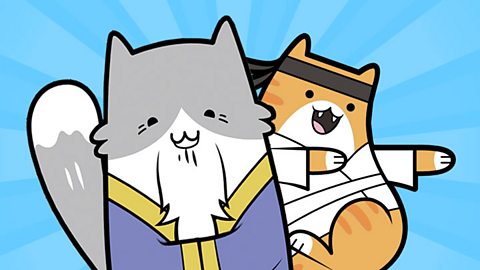
Writing
- Guide Number37 Guides

- Guide Number7 Guides
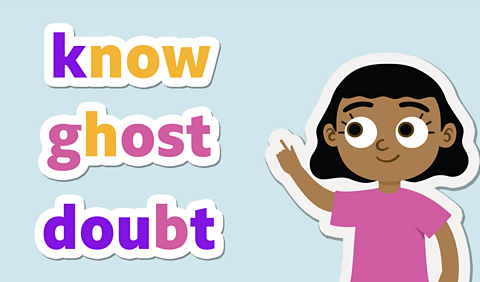
- Guide Number10 Guides

- Guide Number12 Guides
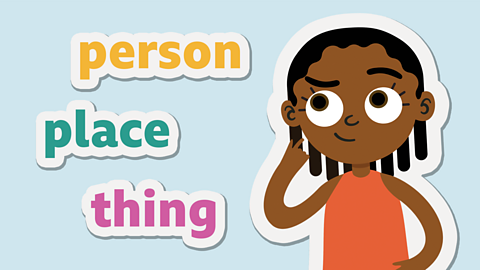
- Guide Number10 Guides
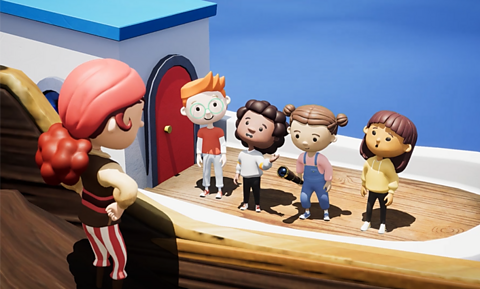
- Guide Number11 Guides
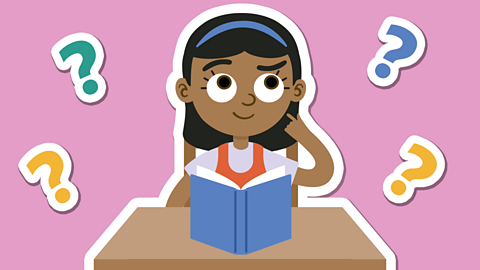
- Guide Number4 Guides
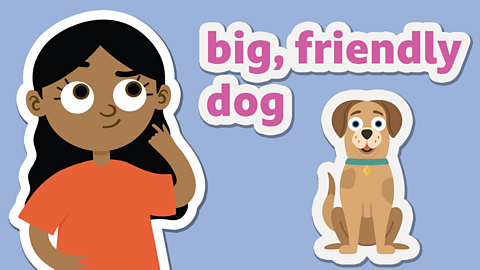
Talking and listening
Listen to and follow instructions
Instructions help us to get things done by taking small steps in the right order. In school, your teacher may give you instructions on how to play a game in PE.
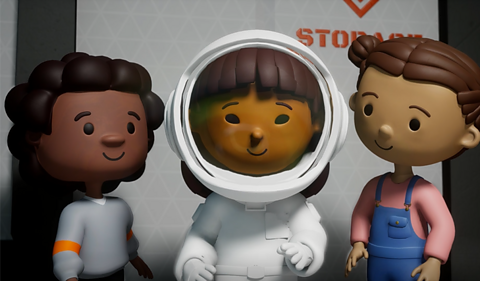
Talk about a book you have read
When you read a book, it is good to talk about it. When you talk about what you have read, it shows others that you have understood the story.

Tell someone about a personal experience
Experiences are things that happen to us. Our experiences depend on where we live, what we see and what we do. Your experiences might be very different from your friends.
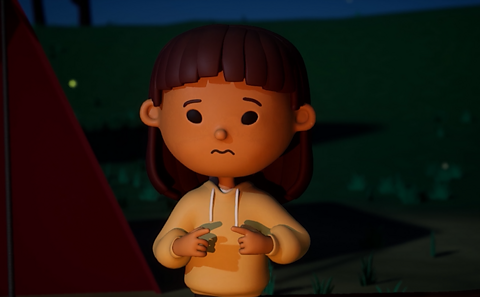
What makes a good conversation?
A conversation is when we take turns to talk. When we do this, everyone who wants to speak can do so. It’s a bit like a game of ping-pong or tennis.
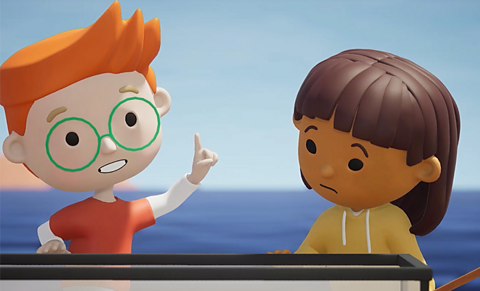
What are the differences between writing and speaking?
Talking and writing are two types of communication. We talk and write to help people understand us better.
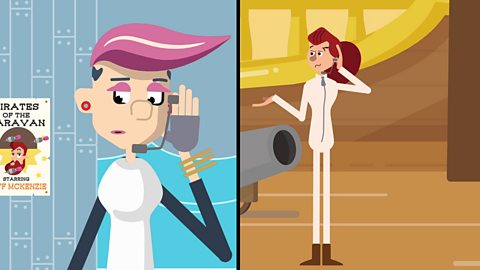
Recreate a story
To help people understand a story, we need to retell it in the order in which it takes place. Do you enjoy retelling a story? When you do, it shows that you understand the story.
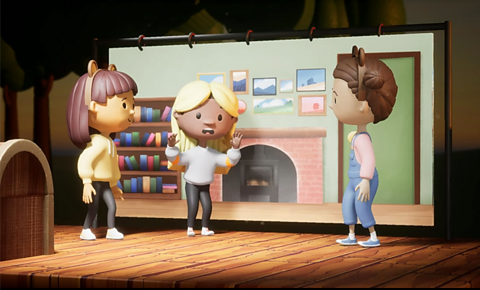
What are the basics of speaking?
What are the basic skills of speaking? Find out more in this short Bitesize Primary English animation.
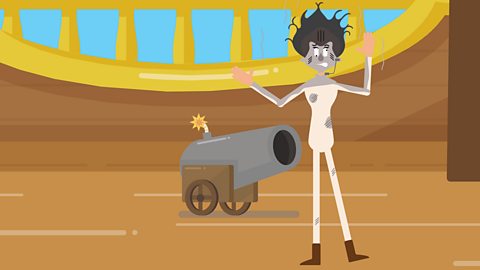
How do you have a conversation?
Find out what a conversation is and how to make sure it works two ways.
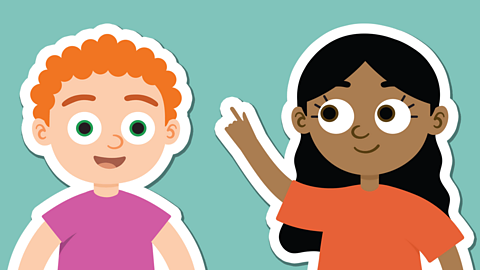
What is a debate?
Find out what a debate is and how to present and evaluate facts and opinions when debating.
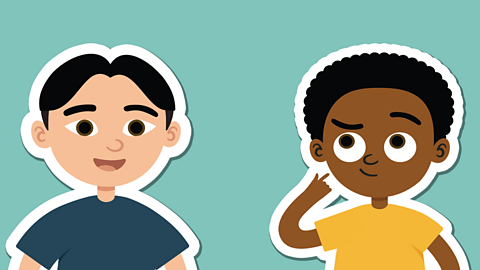
How to pronounce new words
Find out how to break down words into sounds that are easier to recognise.
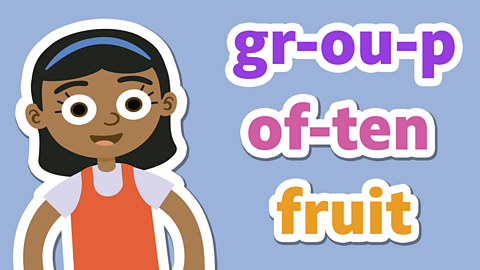
What are facts and opinions?
What makes a fact different from an opinion and how can you tell the difference?
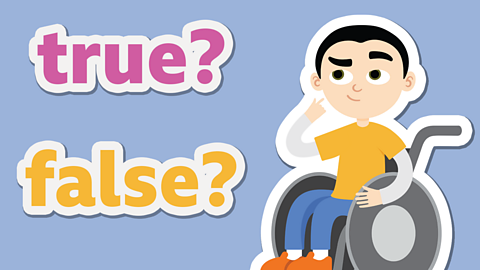
Reading
How to pronounce new words
Find out how to break down words into sounds that are easier to recognise.

Different kinds of texts - fiction and non-fiction
The kids are on a spaceship far, far away. They are feeling a bit bored and so decide to go to the library. Here they meet the ‘robrarian’ – the robot librarian.
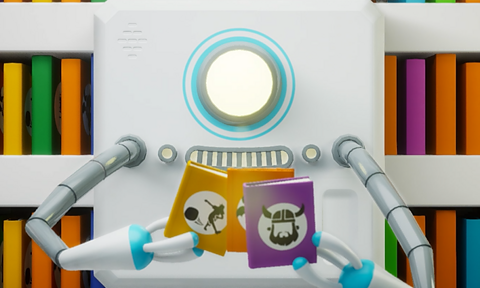
Talk about a book you have read
When you read a book, it is good to talk about it. When you talk about what you have read, it shows others that you have understood the story.

What are the types of fiction?
Find out about the different genres of fiction writing.
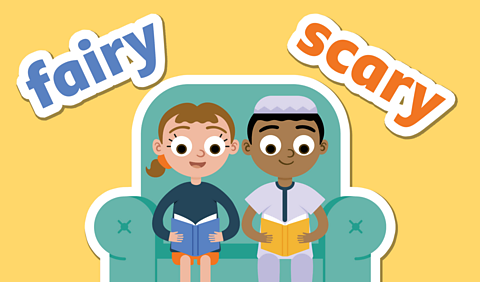
Ways to understand a text
When you read a text, link together the facts and clues to see the bigger picture and understand what’s happening. This is called comprehension.
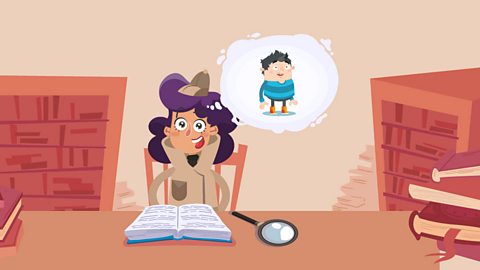
How to memorise a poem
Find out different ways to remember a poem. You might picture parts of the poem, or use the rhythm of the words.
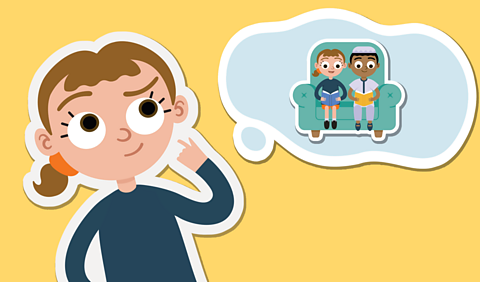
What are the features of a newspaper?
Explore the different tools newspapers use tell us about the world.
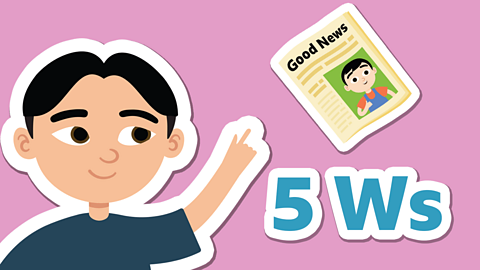
What is a play?
Learn about different types of plays, including role play and performing confidently.
